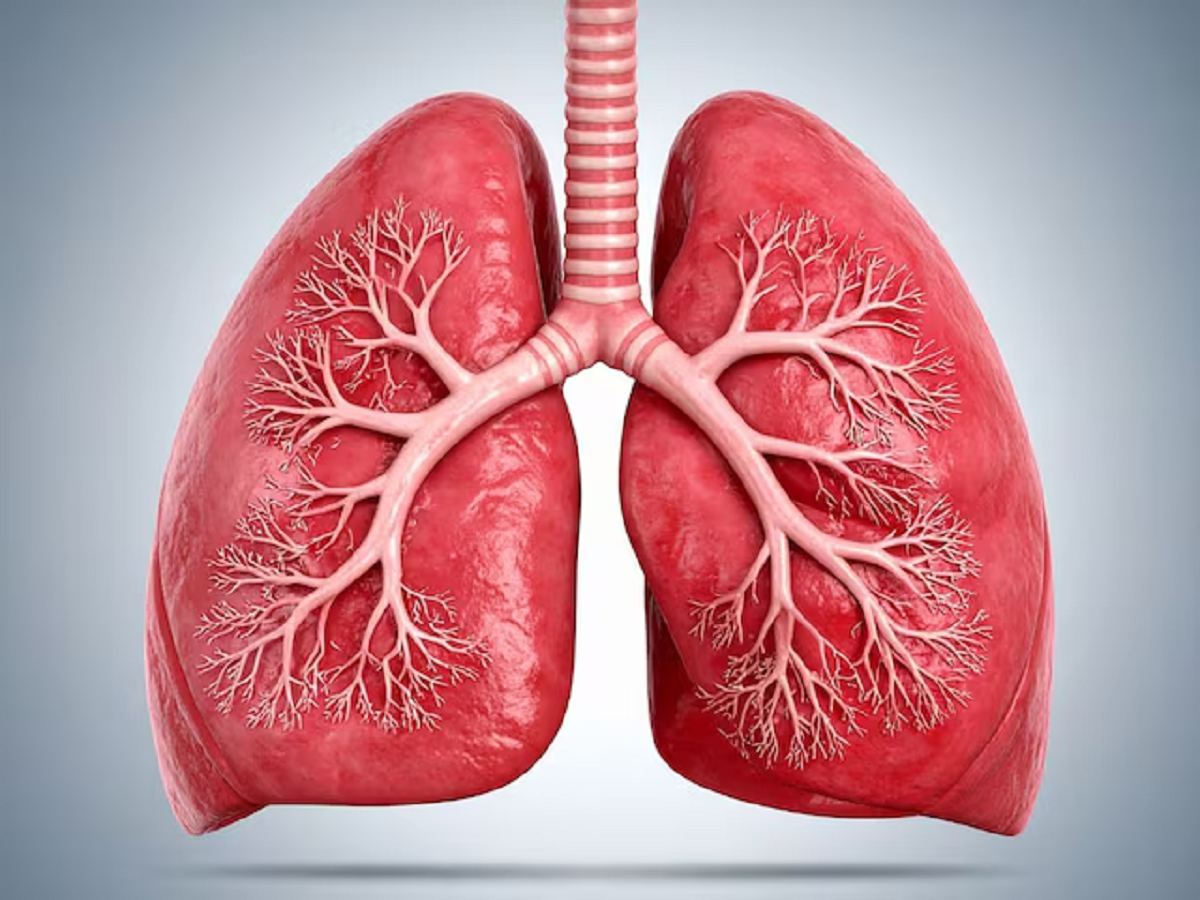After JN.1, New COVID Variant NB1.8.1 Detected in the U.S.—How Dangerous Is It?
- byPranay Jain
- 26 May, 2025

As COVID-19 cases begin to climb once again across the globe, a new variant of the virus—NB1.8.1—has been detected in the United States, raising fresh concerns among health experts. This comes at a time when the JN.1 variant, a sub-lineage of Omicron BA.2.86, is already driving a surge in infections in India, Hong Kong, Singapore, and China.
NB1.8.1: The Latest Sub-Variant on the Watchlist
NB1.8.1 is the latest evolution of the coronavirus and is currently being tracked in the U.S. While no cases have been reported in India yet, experts are closely watching the situation. Meanwhile, India continues to see a slow but steady rise in infections due to the JN.1 variant.
According to public health expert Dr. Jugal Kishore, both JN.1 and NB1.8.1 are sub-variants of Omicron, and although they are spreading, there is no immediate cause for panic.
Are These Variants More Dangerous?
Dr. Kishore explained that NB1.8.1 is still under analysis, and the World Health Organization (WHO) is currently monitoring six emerging variants, including NB1.8.1 and JN.1, to assess their transmissibility, severity, and resistance to vaccines.
He also noted that although these variants may have the ability to evade the immune system, there is no conclusive evidence yet to suggest they are more severe than previous strains.
Current Situation in India: Under Control but Caution Urged
Despite the global concern, India's COVID situation remains stable. Most patients infected with JN.1 are recovering with home isolation and basic treatment, and hospitalizations remain minimal.
Typical symptoms include:
-
Sore throat
-
Fever
-
Runny nose
-
Dry cough
-
Fatigue
-
Headache
-
Loss of taste or smell
Dr. Kishore emphasized that early detection and care are essential. Anyone experiencing these symptoms should get tested promptly and avoid ignoring mild signs of infection.
Who’s Most at Risk?
High-risk groups include:
-
Individuals with pre-existing medical conditions
-
The elderly
-
Young children
These individuals should remain especially vigilant, practice basic safety protocols, and consult a doctor if symptoms appear.






